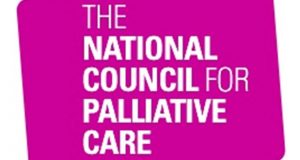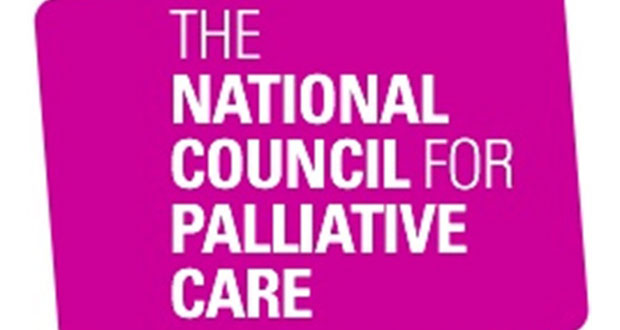New Edition Of Minimum Data Set Highlights Vital Trends In End Of Life Care
 The latest edition of the Minimum Data Set (MDS) for the National Survey of Patient Activity Data for Specialist Palliative Care Services has been published by the National Council for Palliative Care, Public Health England and Hospice UK. The 2014-15 edition of the report shows trends in palliative and end of life care, based on responses from over 800 services across England, Wales and Northern Ireland.
The latest edition of the Minimum Data Set (MDS) for the National Survey of Patient Activity Data for Specialist Palliative Care Services has been published by the National Council for Palliative Care, Public Health England and Hospice UK. The 2014-15 edition of the report shows trends in palliative and end of life care, based on responses from over 800 services across England, Wales and Northern Ireland.
The report covers palliative care services provided by hospice, inpatient, day care, community care, hospital support, outpatient and bereavement support services. Over 1,300 services were asked to provide data. The survey examines details of 126,000 patients cared for in the community, 36,000 patients admitted to palliative or hospice units and 97,000 people seen by hospital teams. The MDS is the only survey of its kind, looking at specialist palliative care services across England, Wales and Northern Ireland.
Findings from this year’s survey include:
- 81% of patients supported by community palliative and hospice teams die out of hospital compared to a national average of 48%. The involvement of a community team more than doubles the chance being able to die at home.
- The survey indicates that at least a third of those with an expected death are seen by palliative and hospice community teams. Although this is significant, it still demonstrates potential unmet need for many people towards the end of life who could benefit from palliative and hospice care.
- There has been a steady increase in the proportion of people admitted into specialist palliative care and hospice beds from hospital. This is in line with national policy and personal preferences.
- Access to specialist palliative care for patients with a non-cancer diagnosis is slowly improving. Over the last 6 years the numbers have doubled from 14% to 29% in hospital and community settings. However all services are still predominantly referred patients with cancer, despite this being the cause of death in only 29% of the population.
Claire Henry, CEO of the NCPC said “We all want good quality end of life care for everyone, and it’s important we know the current situation. We need to see continuous improvement in end of life care, and gathering and sharing this data is one of ways we achieve this. I’m grateful to everyone who has worked hard on this report, from our colleagues at Hospice UK and Public Health England to all those service providers who took the time to gather, report and check their data.”
Professor Julia Verne from Public Health England said “Every individual has a right to receive good medical care at the end of their life, though this does not always need to be from specialised services, as well as respect for personal choices such as where they would prefer to be cared for and die. Many people draw comfort from the familiar surroundings of their own home, and it is encouraging that the MDS survey suggests that at least 30% of patients are receiving specialist support from community palliative and hospice teams.
“Specialised palliative care is unique among health care services because of the high level of provision by the voluntary sector. At present, we do not have routine data sources on the level of provision and quality indicators in the voluntary sector. The MDS provides a window through which to understand some aspects of the level of provision and quality of specialist palliative care. It is important as it shows areas in which progress has been made and areas for improvement such as access to specialised palliative care for non-cancer patients”.
Dr Ros Taylor, Clinical Director at Hospice UK, said: “This vital survey demonstrates the huge amount of care and support provided by charitable hospices, particularly in community and inpatient settings.
“Trends are going in the right direction, but access to palliative support and hospice care needs to rapidly expand if we want to improve the end of life experience for all who could benefit”.






